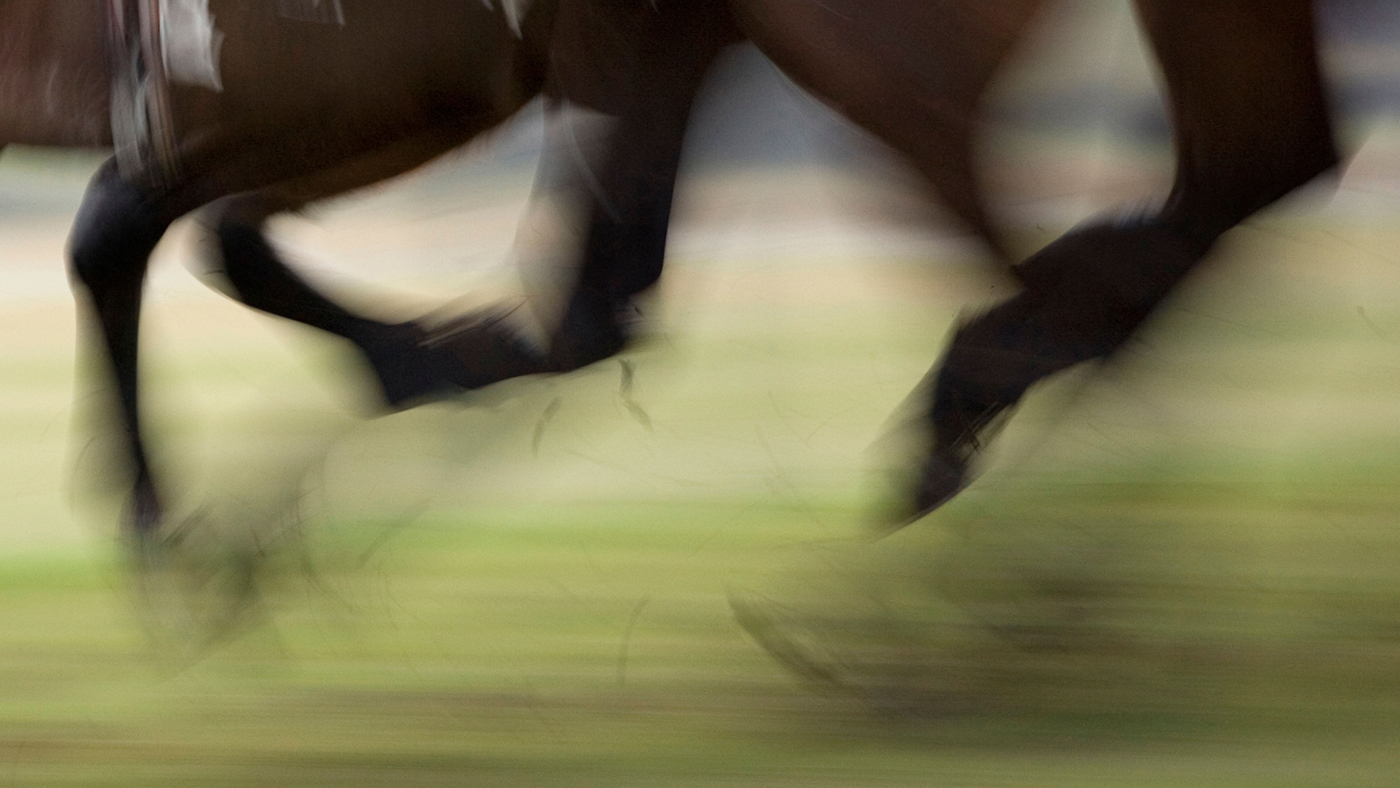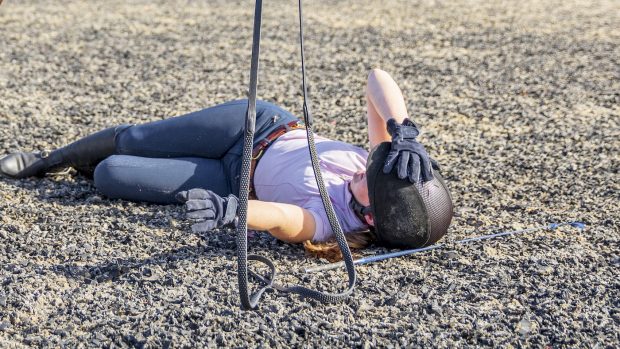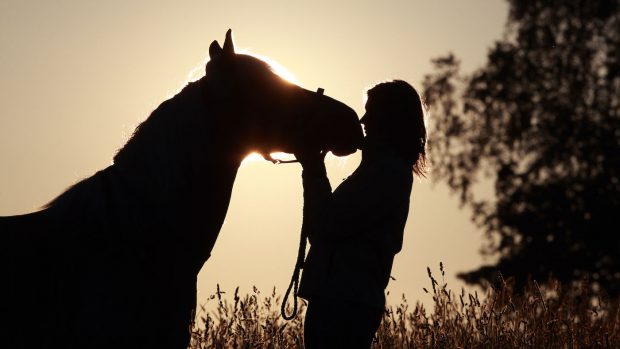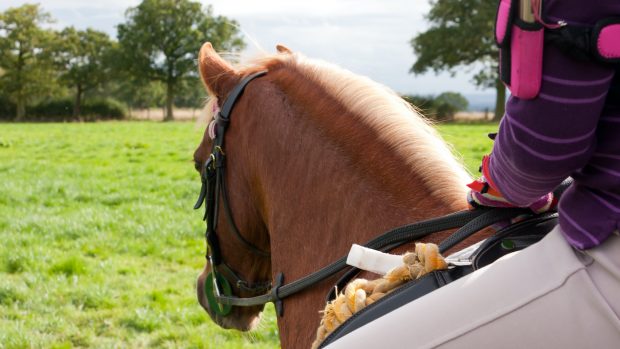New virtual reality headset technology is to be trialled in British racing as a tool for managing concussion.
The technology, NeuroFlex, measures a person’s eye and head movements as they carry out simple tasks. It is the result of 30 years of research by Mimi” Galiana, NeuroFlex’s chief medical officer, and is being used in the South Australian Football League and Australian Super League. It will also be used at this year’s FIFA World Cup in Qatar.
The hope is that it can be used as an objective way of measuring jockeys’ brain health over time, which could help with decisions on returning to riding, and have benefits long after a jockey retires.
“I’ve been extremely impressed and delighted with how seriously this is being taken within the horseracing community,” NeuroFlex executive director Grenville Thynne told H&H.
As the technology works with virtual reality goggles and a laptop, it makes it portable for pitchside – or on-course – tests, which take around eight minutes.
Dr Thynne added that the key part of this technology is that it works on an individual basis and gives an objective assessment, to help those involved in recovery care make an “informed decision about whether a rider is ready to return to riding”.
“The most important part of this is the pre-season health baseline,” he said, explaining that this gives an individual-specific benchmark or “dashboard” for each person to be measured against in future.
“When we talk about humanising or personalising this process, if you have your own dashboard that means if you suffer a fall you can be monitored back to your healthy baseline, over what period of time it takes to get there, on an objective basis. And that dashboard stays with you for life.”
He said this means that for retired jockeys, should they start to feel effects from falls in future, they have that “digital dashboard” of all their previous tests to refer to.
A team from NeuroFlex’s head office in Australia is in the UK to train a select group of medical clinicians in using the technology, before baseline testing of jockeys starts this year. Training will take place at the Injured Jockeys Fund’s Oaksey House Rehabilitation and Fitness Centre.
“Given the high-risk nature of our sport, British horseracing takes concussion very seriously, with robust protocols in place to ensure the highest standards of care and attention for our jockeys, and dedicated rehabilitation support provided by the Injured Jockeys Fund,” said a British Horseracing Authority spokesman.
“It is essential that we remain at the forefront of scientific research and innovation into how concussion is managed, which includes examining the potential benefits of technological solutions, alongside ensuring engagement with colleagues from other major sports around the development of shared guidance and protocols.”
Managing concussion: new ratings system for riding helmets in the pipeline
LEADING researchers into sporting concussions are on the verge of bringing a ratings system to riding helmets.
Virginia Tech doctors Steve Rowson, Stefan Duma, Mark Begonia and Barry Miller spoke at the Equestrian Symposium in Virginia, US (11-12 August), about the STAR (Summation of Tests for the Analysis of Risk) ratings system for riding helmets.
In short, the STAR value is the theoretical number of concussions someone would sustain wearing that helmet if their on-field exposure matched laboratory impact tests.
The ratings correlate with real-world injury rates; the lower the STAR value, the better the star rating, with five stars the highest helmet rating. It is designed to complement existing helmet certifications and fill in the gaps relating to concussion risks.
“With the same impact, there can be very different biomechanical responses between helmets. We felt a responsibility that everyone should have this information,” said Dr Rowson. “Not all helmets are the same just because they meet a [pass/fail] standard. That’s true for skull damage, but not concussions.”
You might also be interested in:

Subscribe to Horse & Hound magazine today – and enjoy unlimited website access all year round

Getting riders back on board: concussion rehabilitation under the spotlight at Injured Jockeys Fund conference

‘Not just a bang on the head’: mental health campaign encourages riders to ‘re-think concussion’

Air jackets, concussion and blood tests: future of rider safety at events under the spotlight

Equestrian world to benefit from major new push in understanding sporting concussions
Horse & Hound magazine, out every Thursday, is packed with all the latest news and reports, as well as interviews, specials, nostalgia, vet and training advice. Find how you can enjoy the magazine delivered to your door every week, plus options to upgrade your subscription to access our online service that brings you breaking news and reports as well as other benefits.




